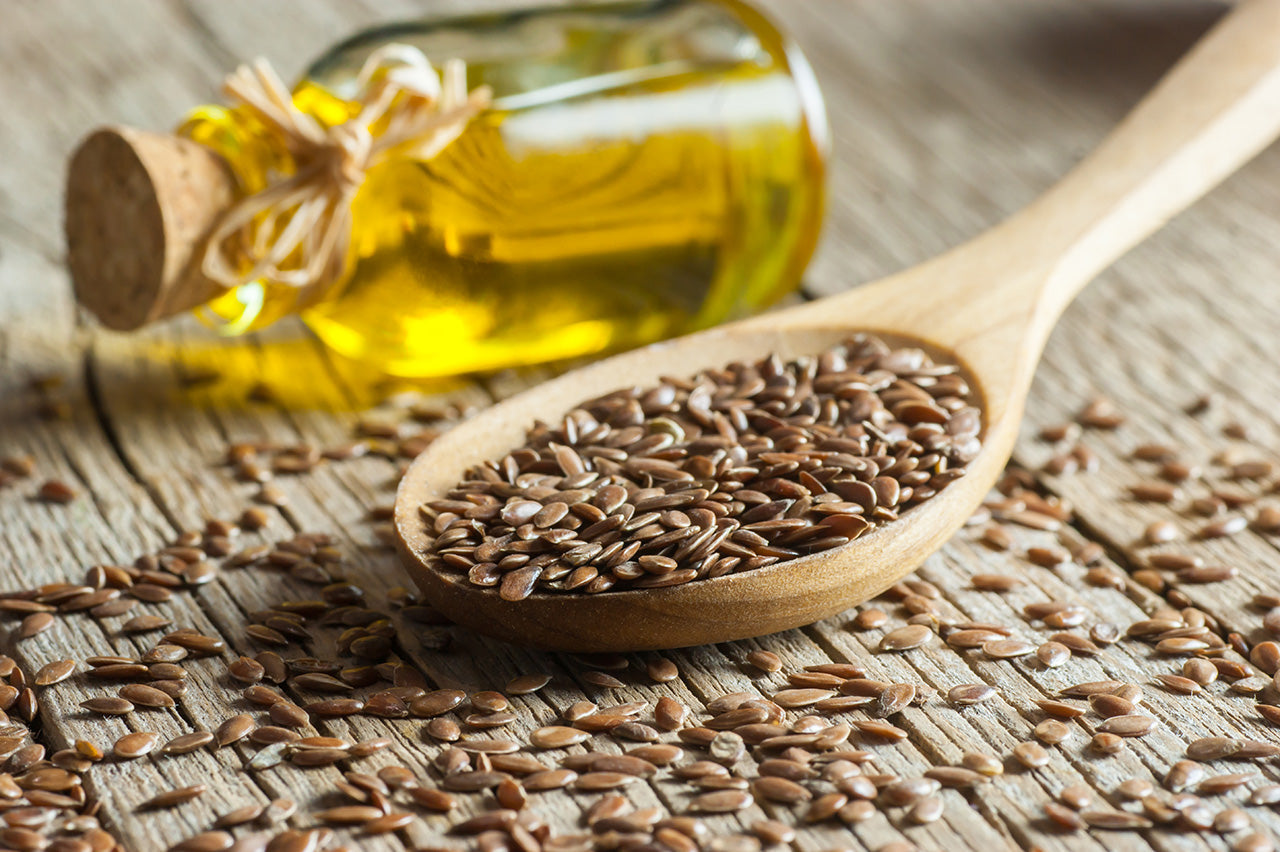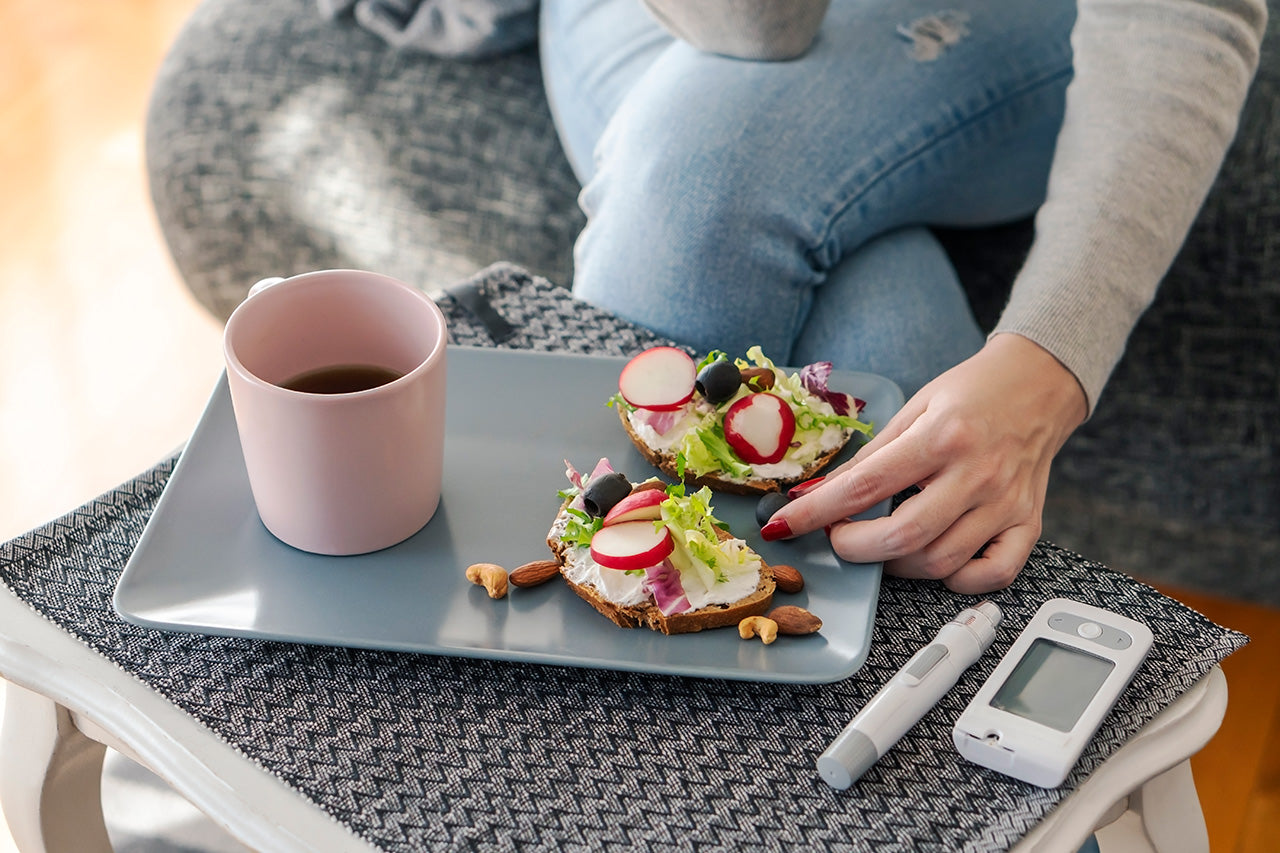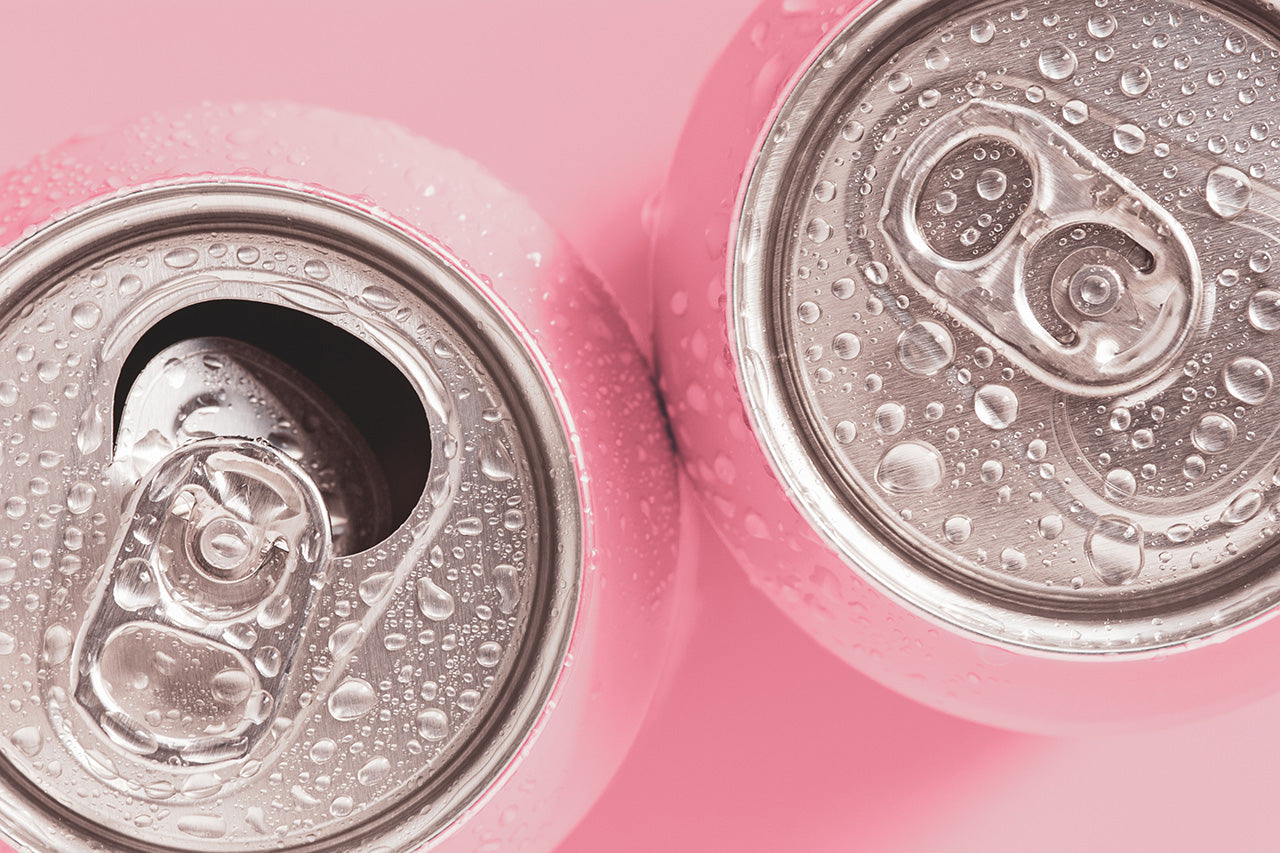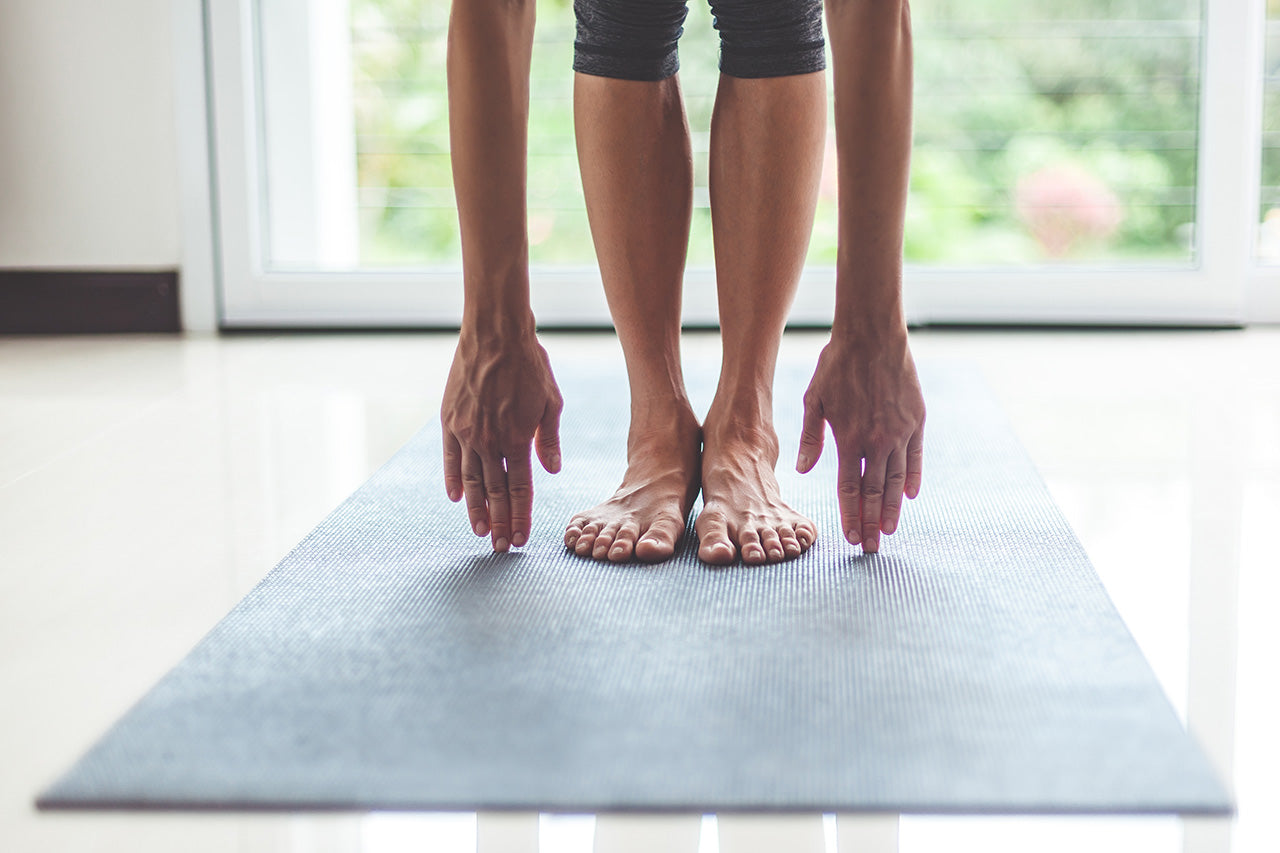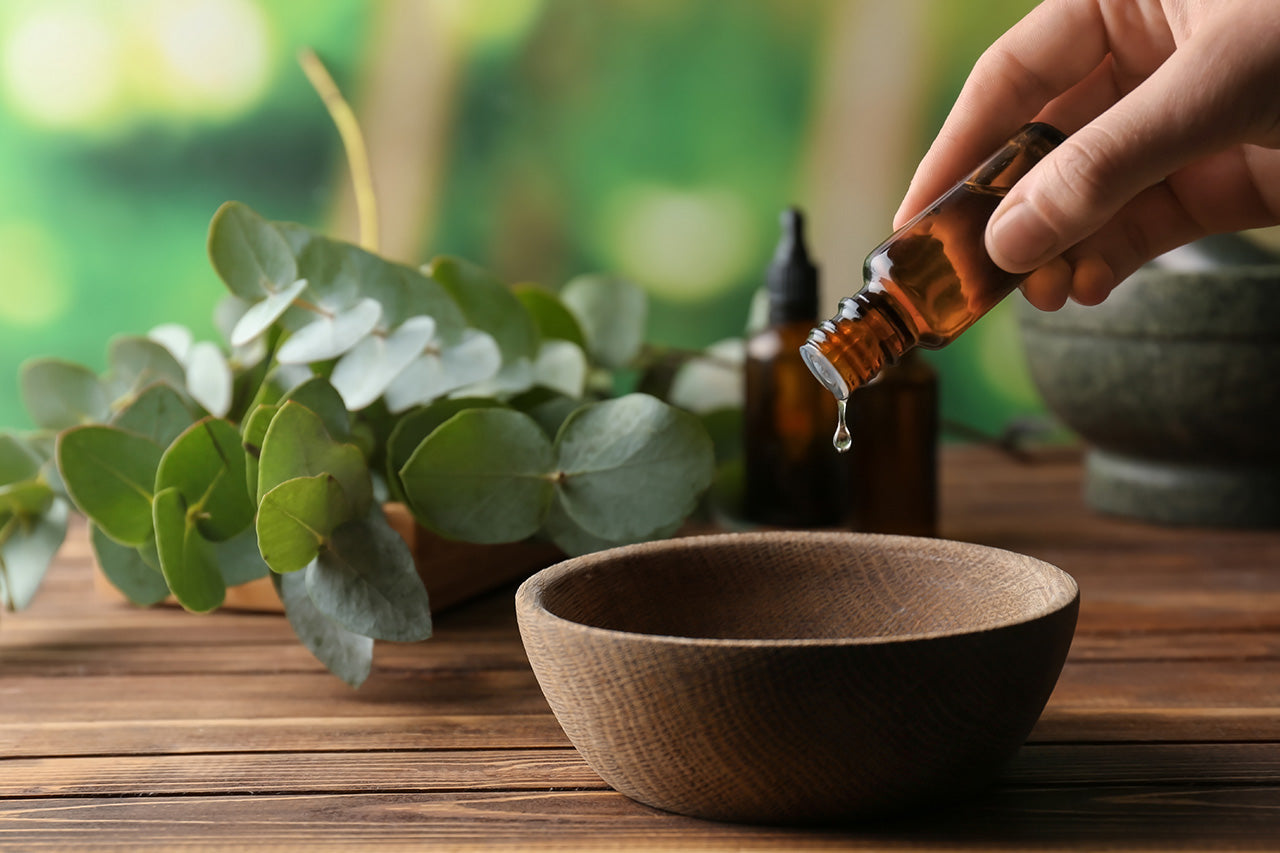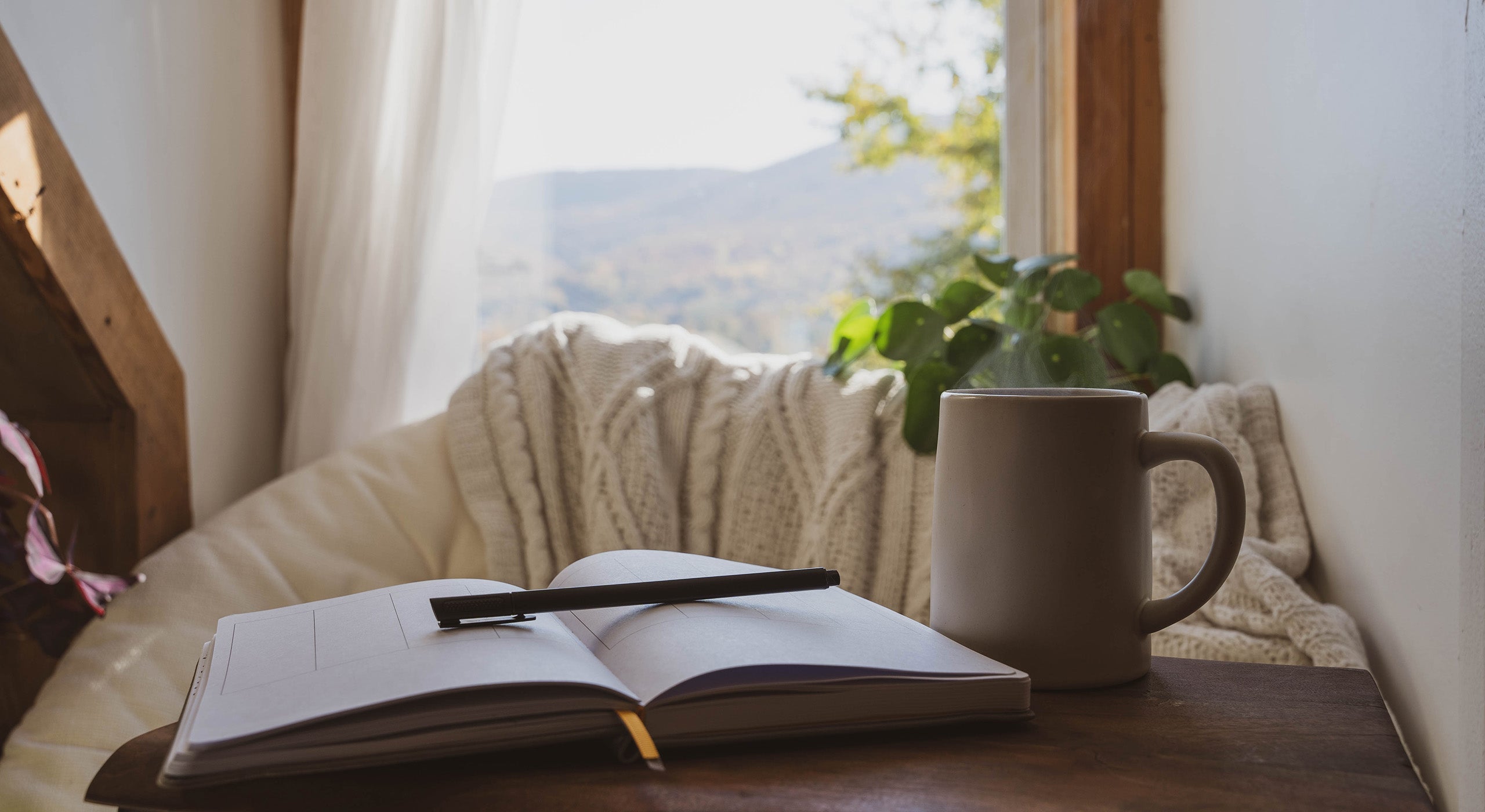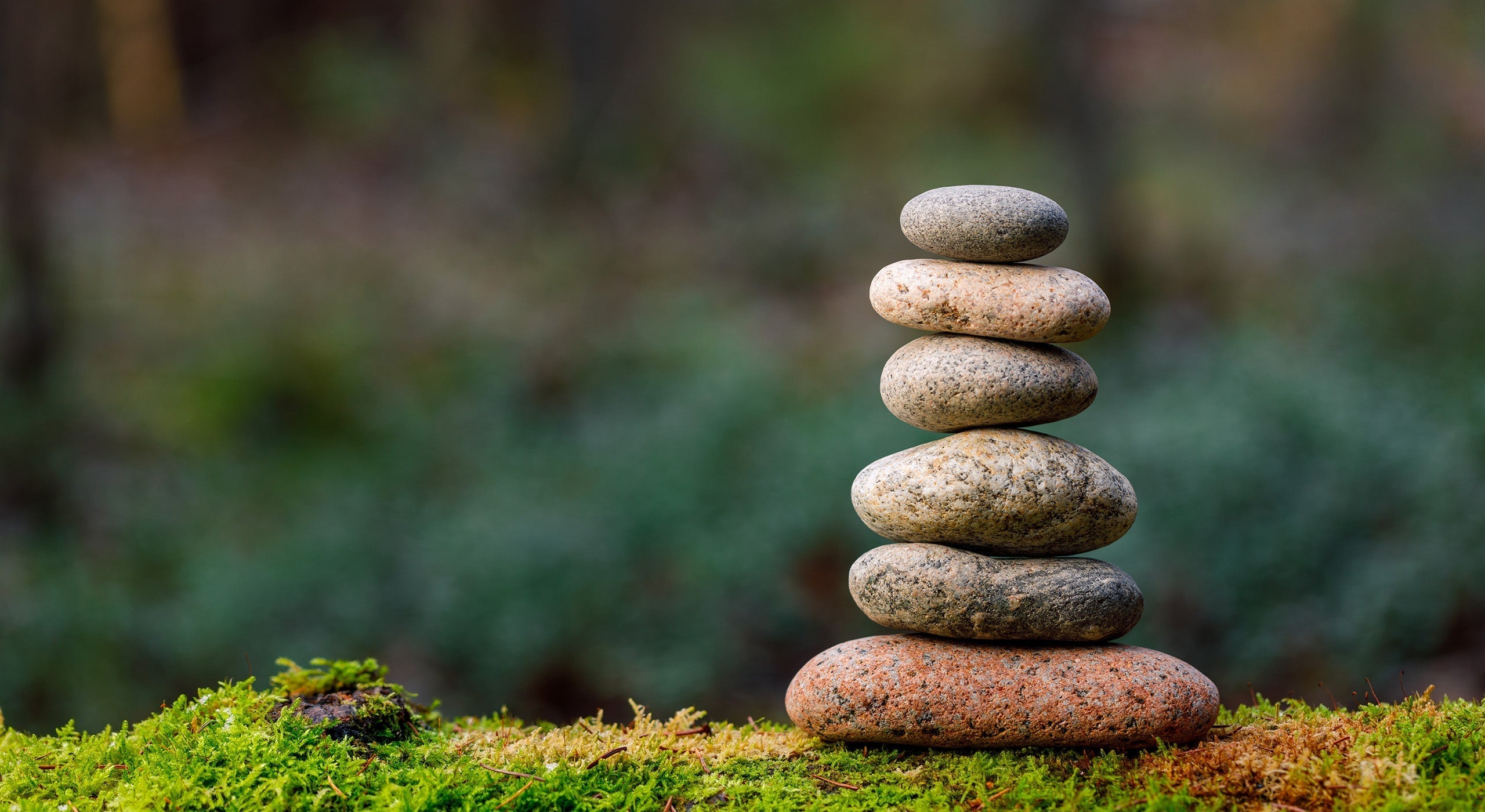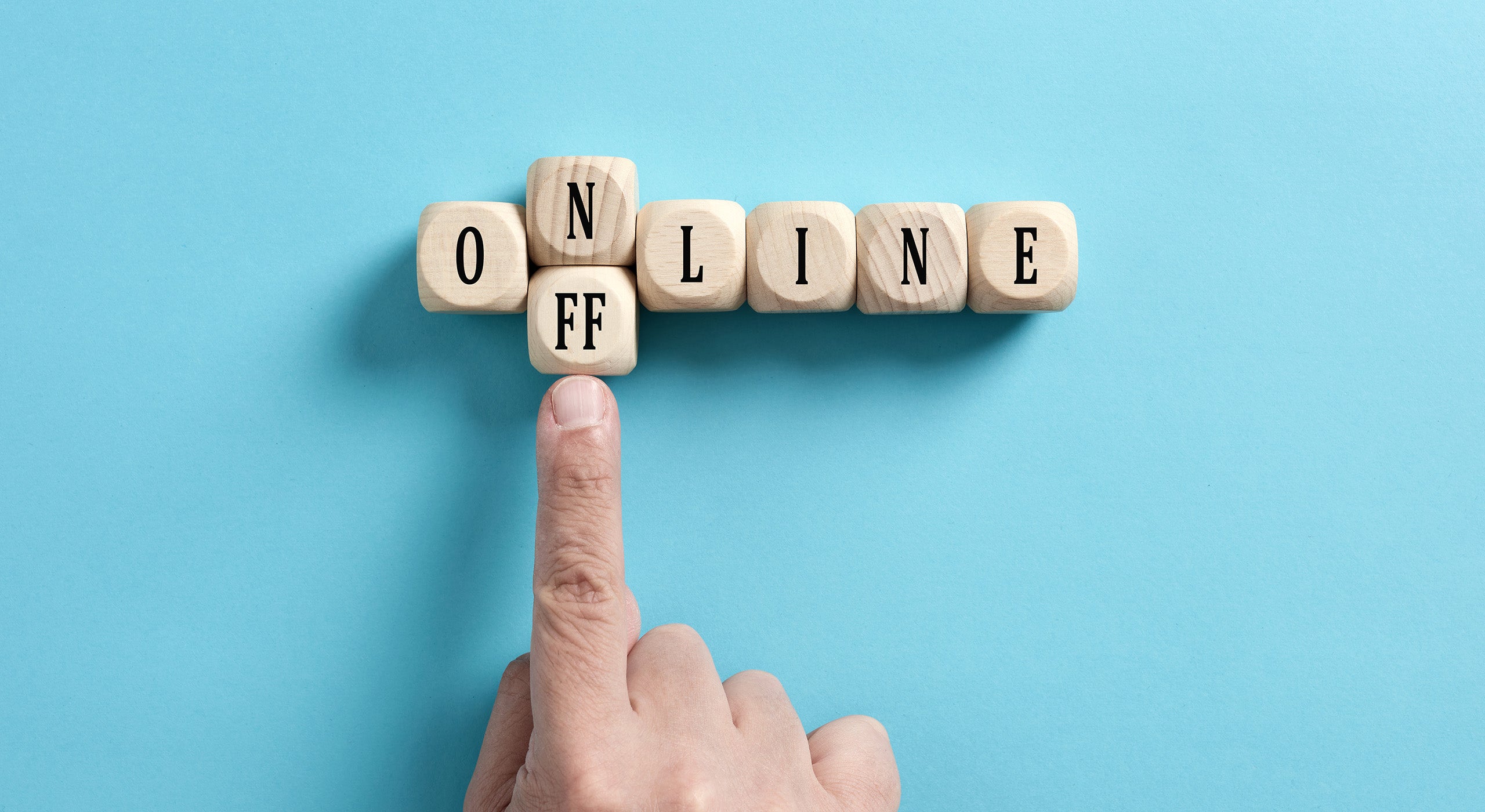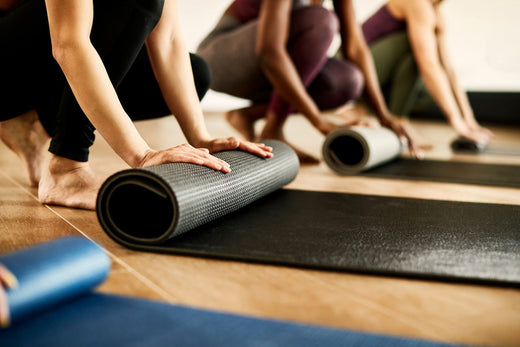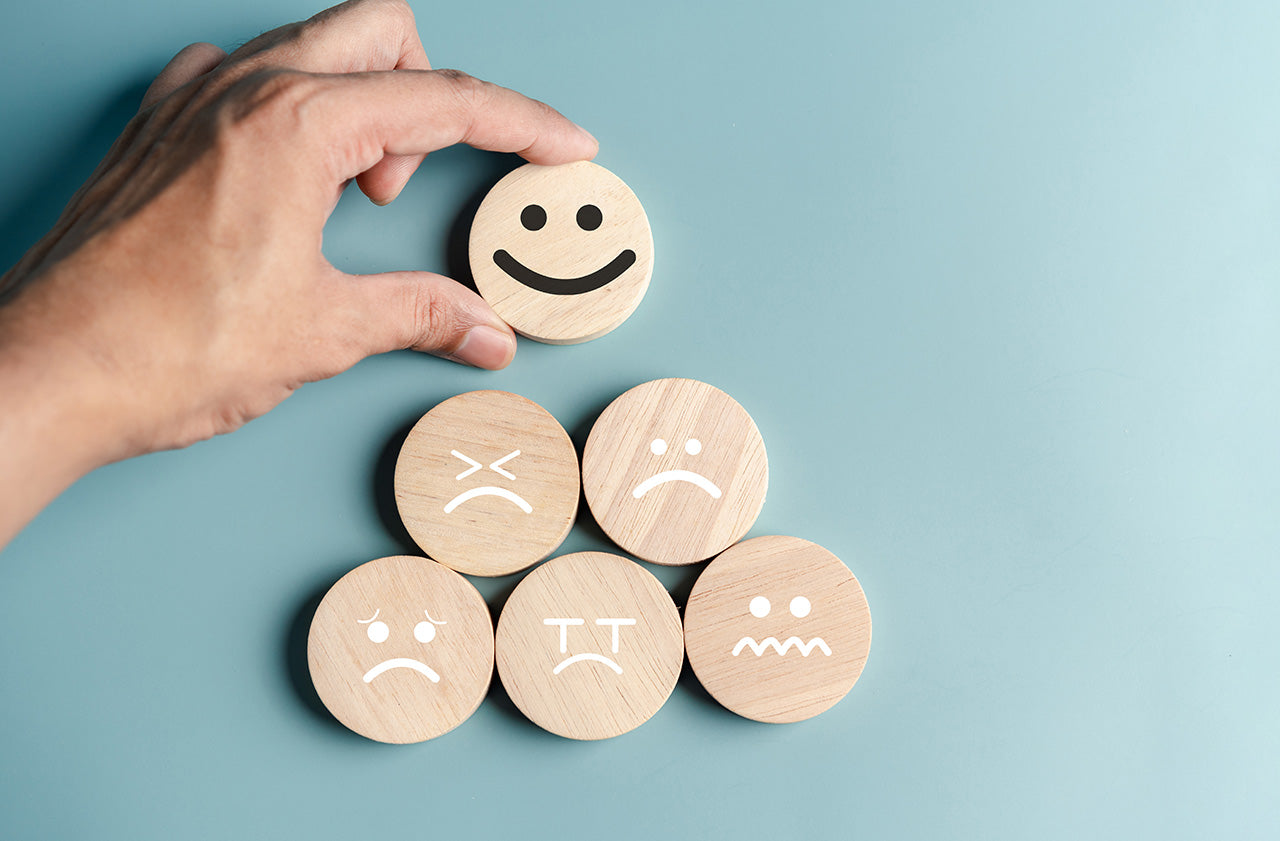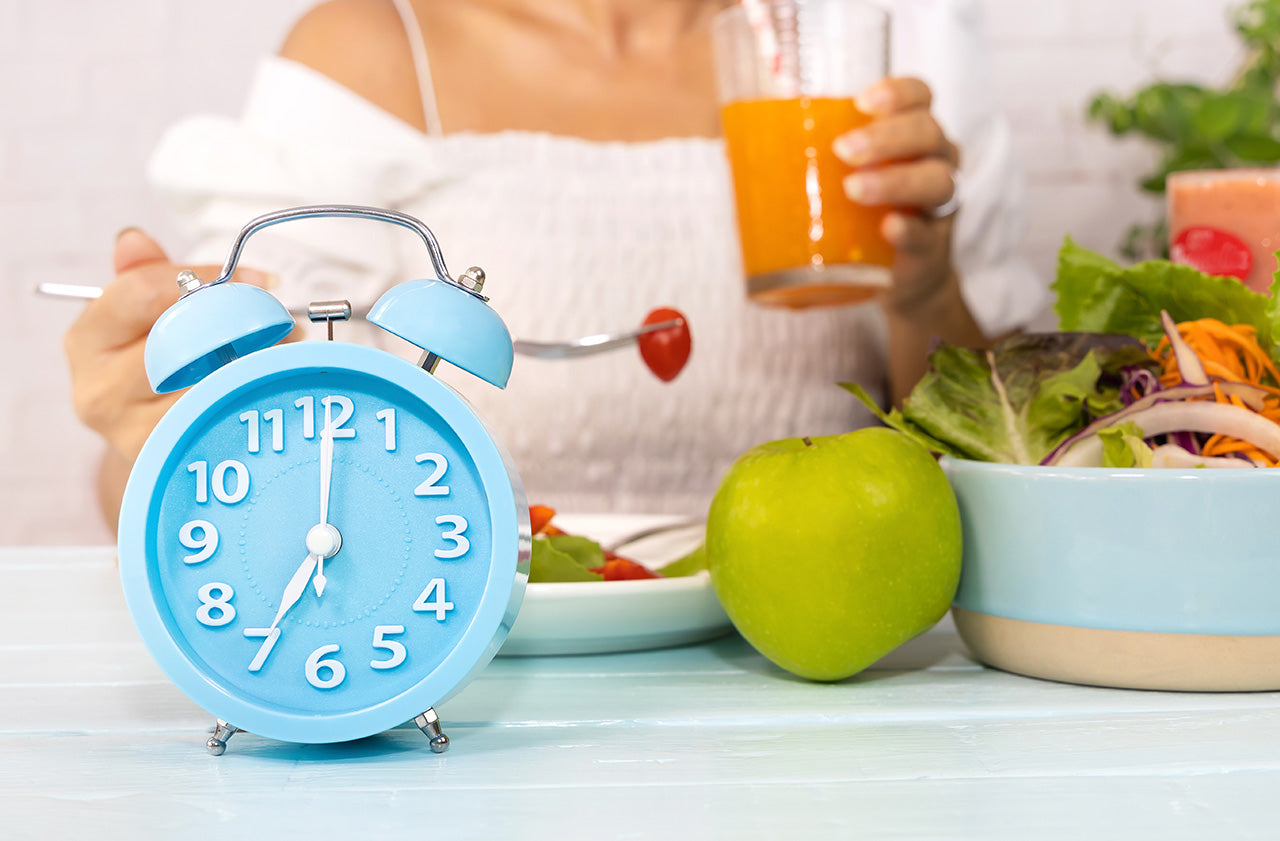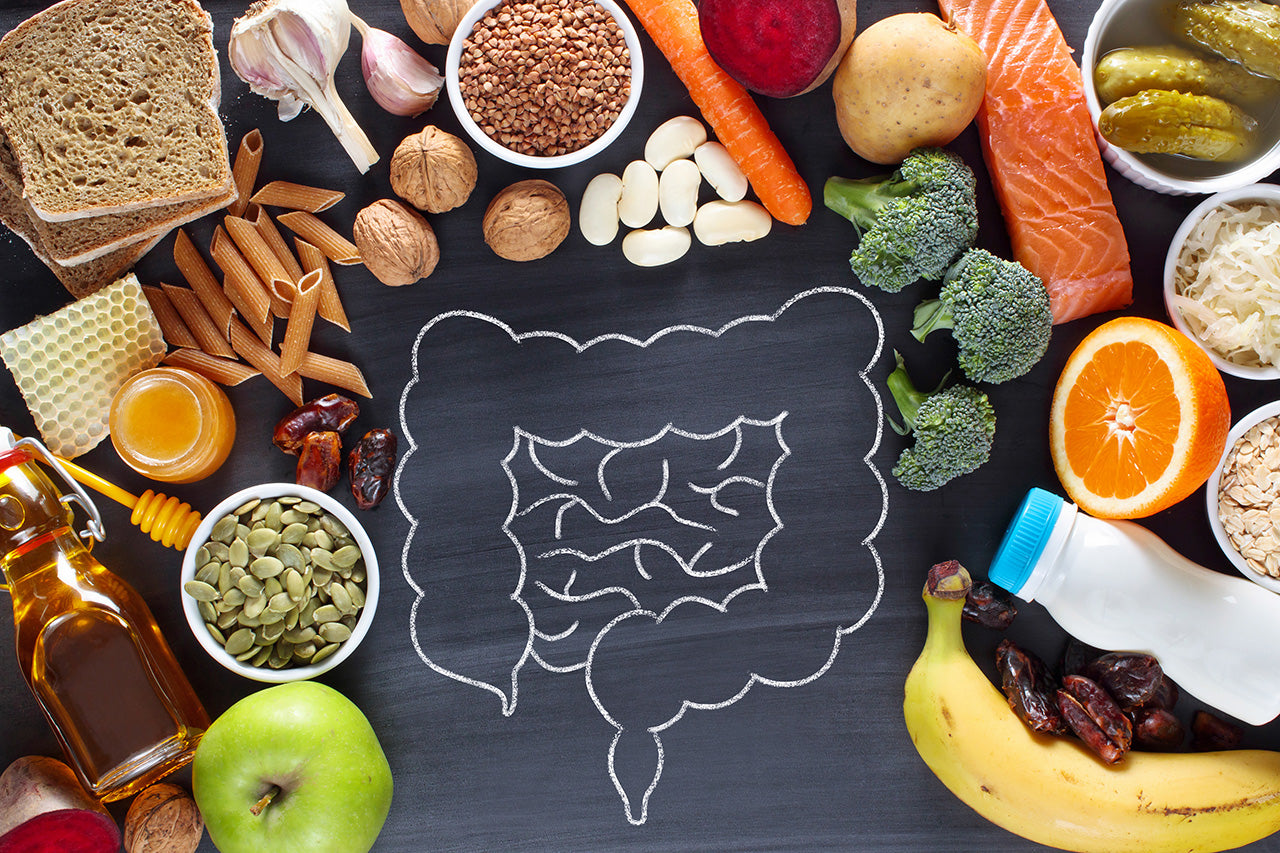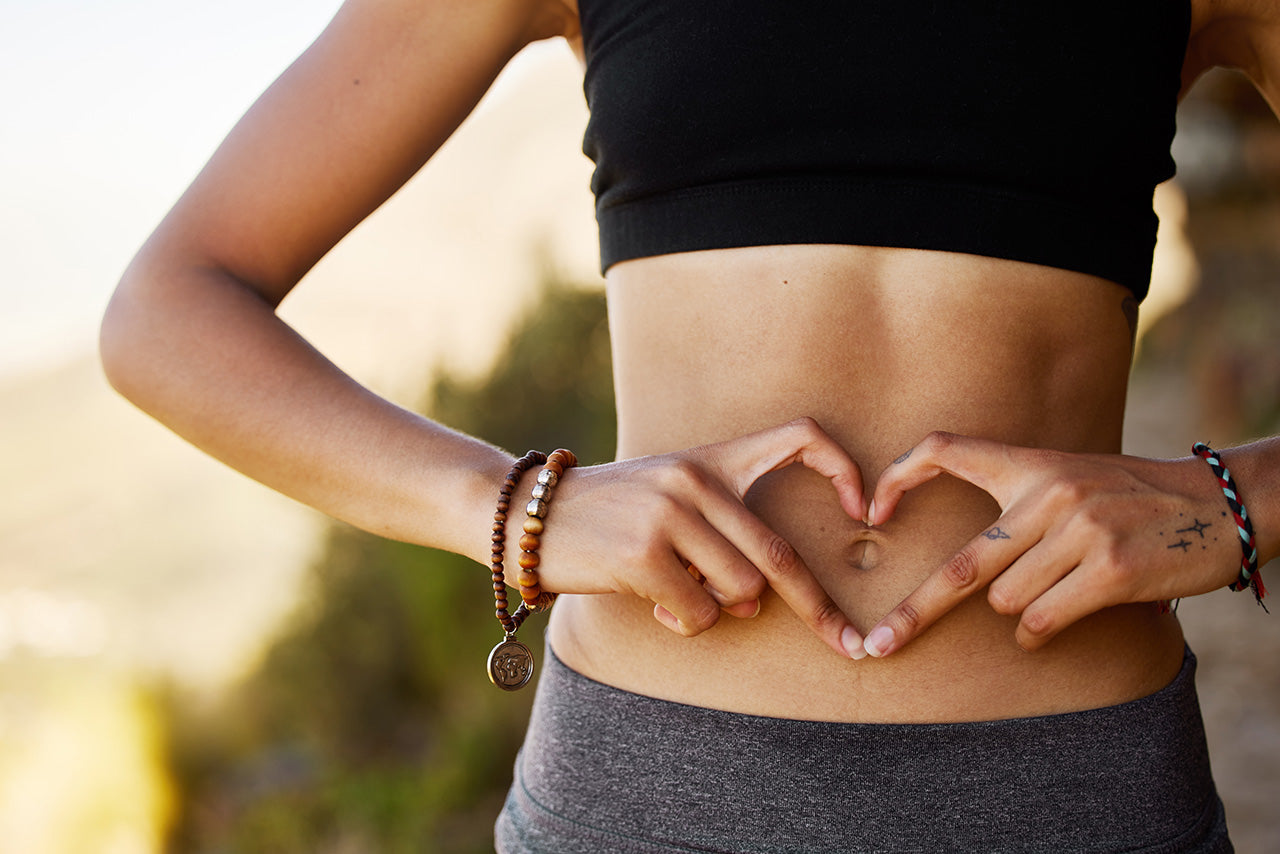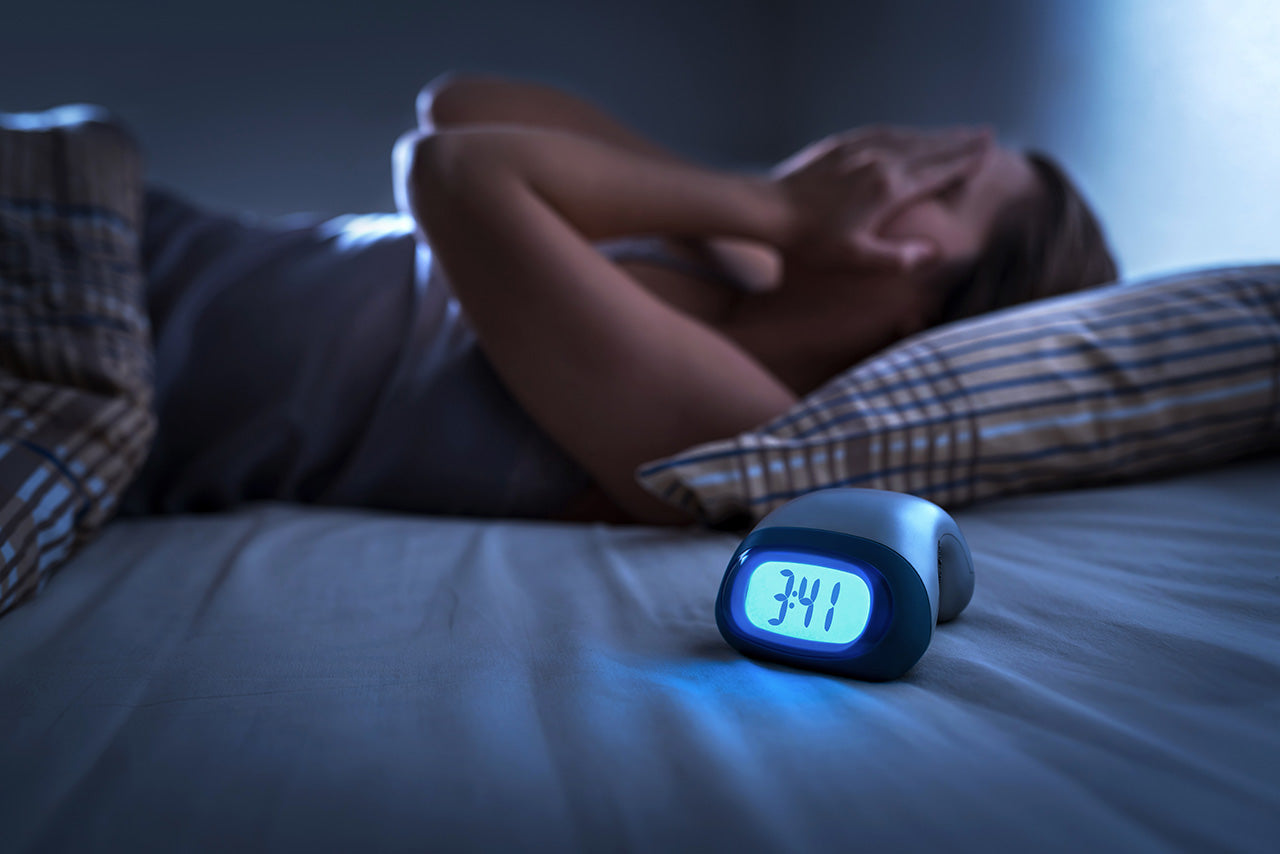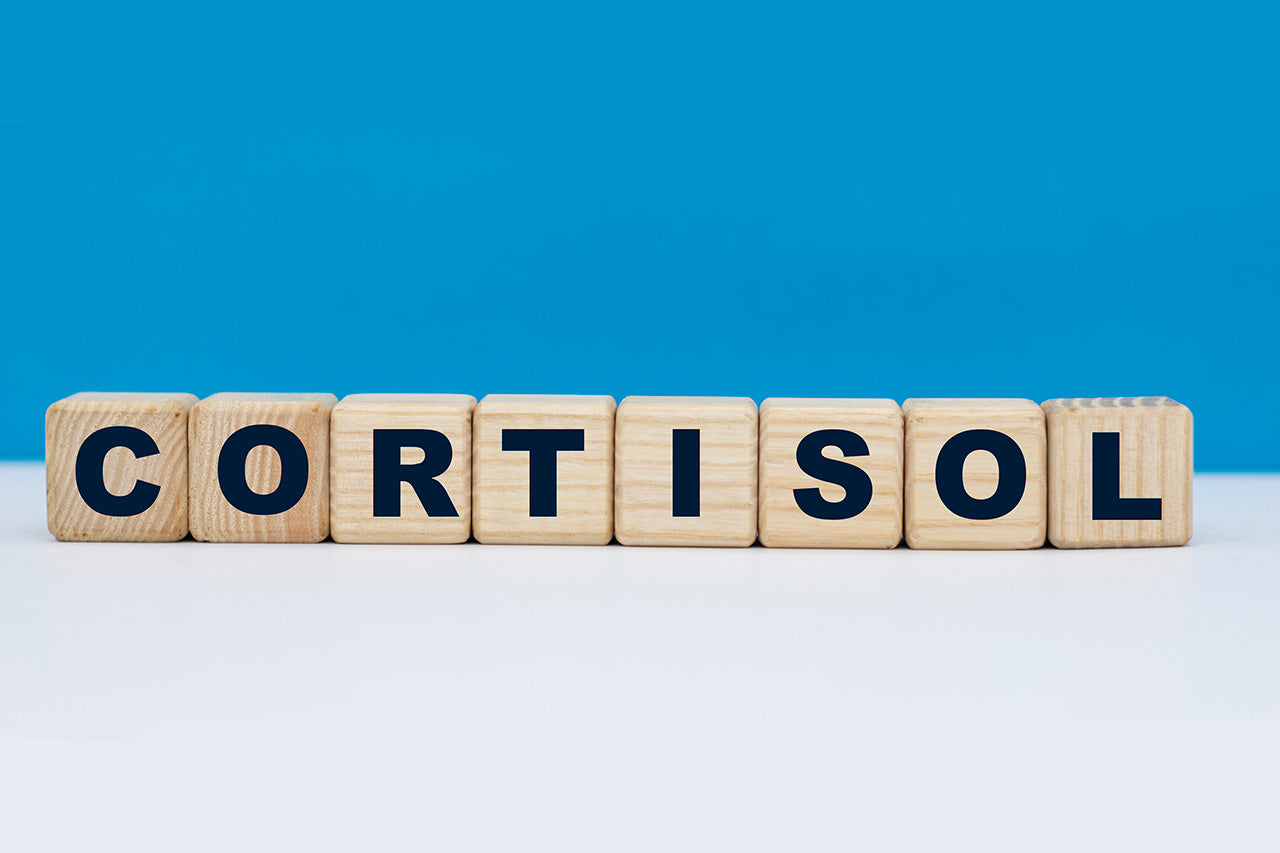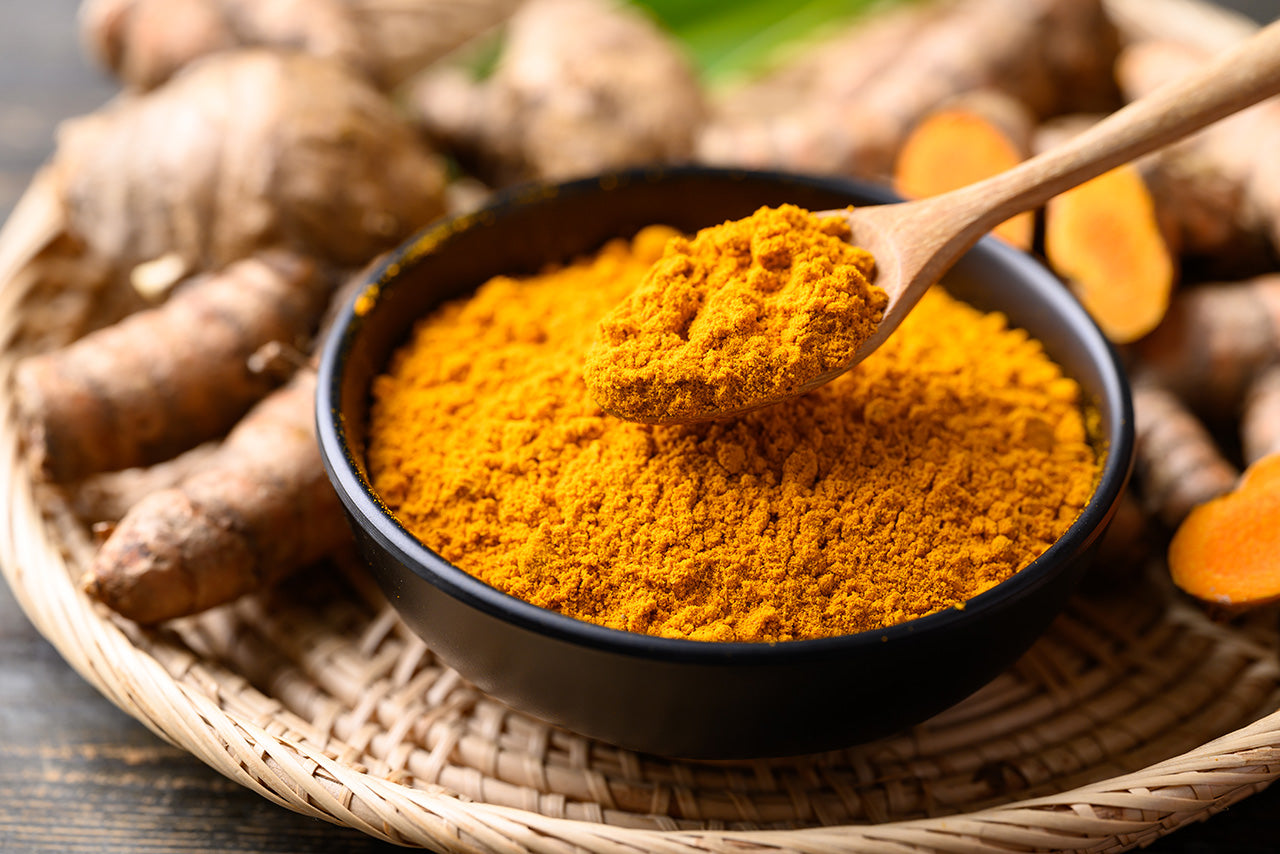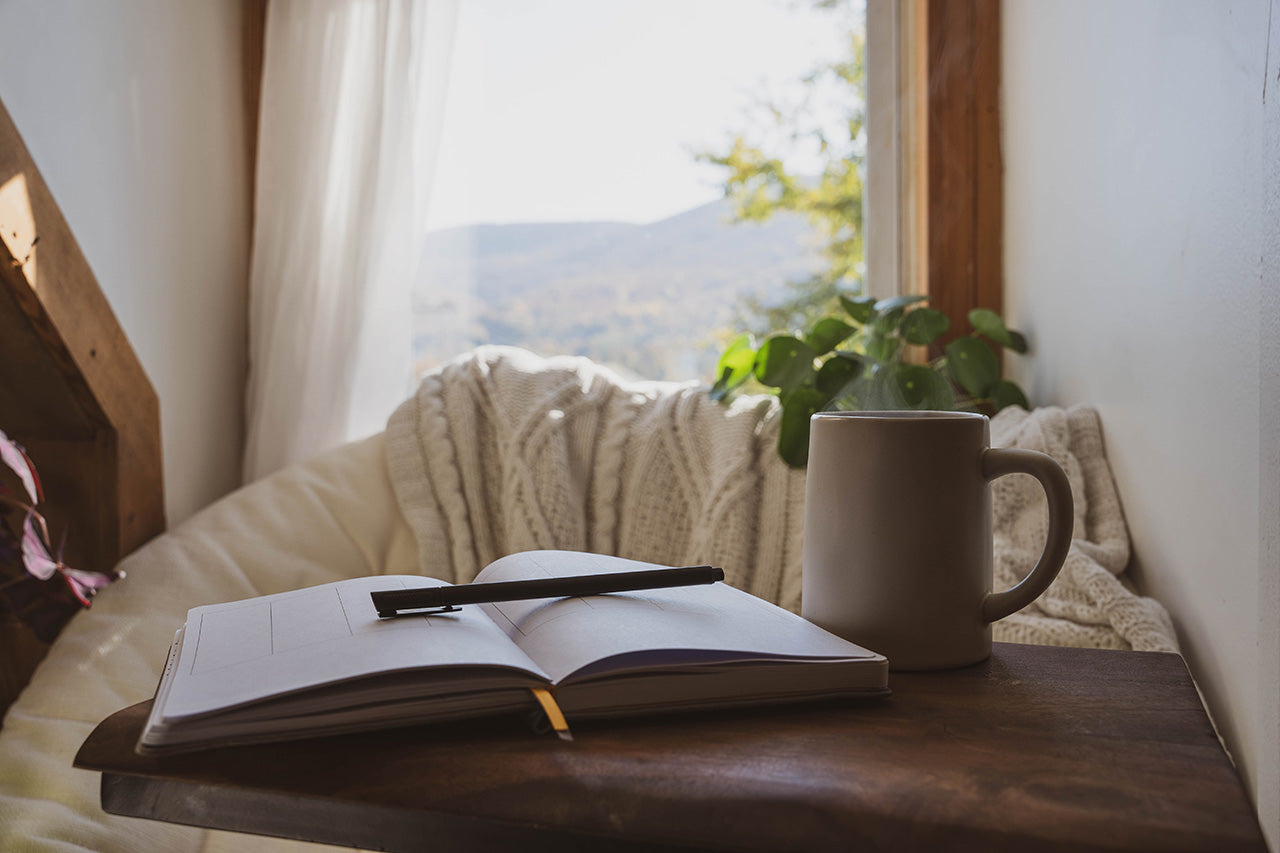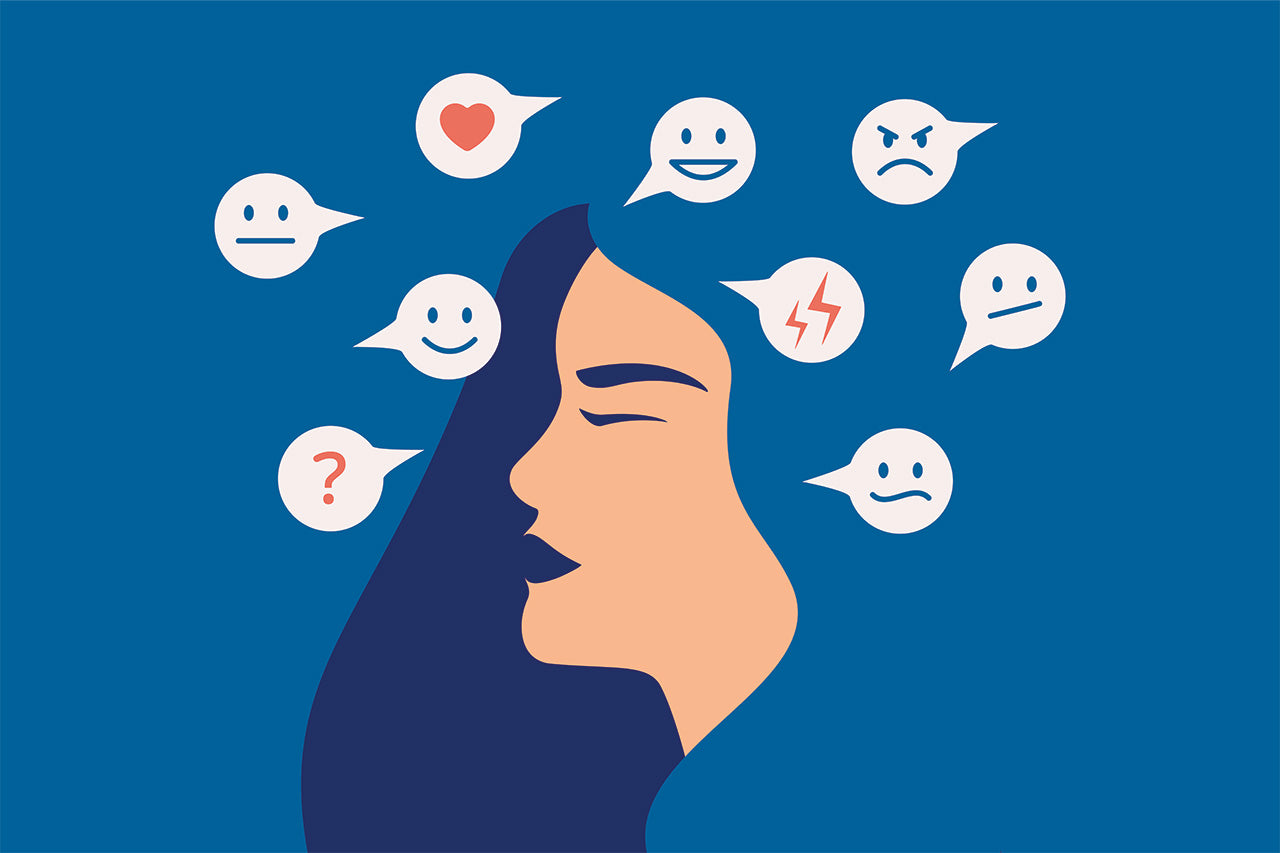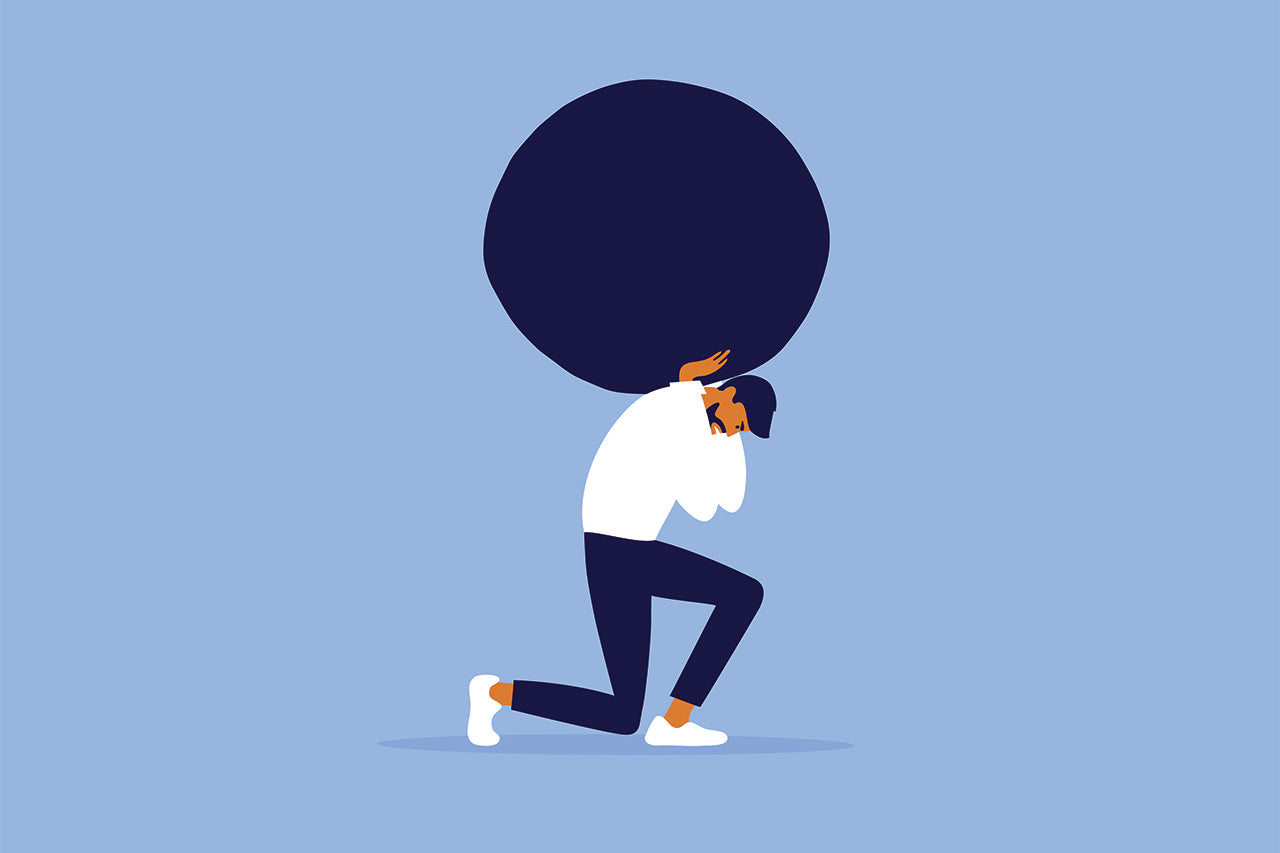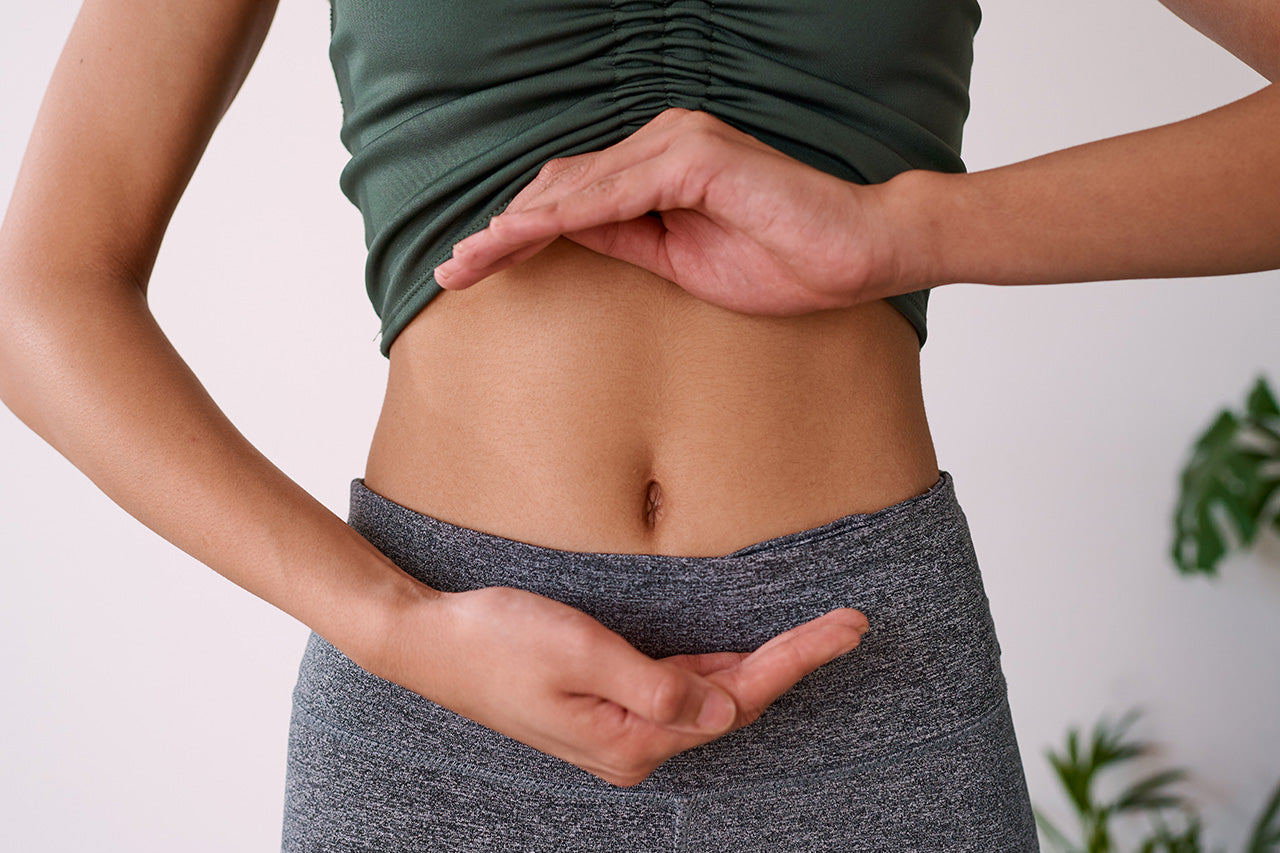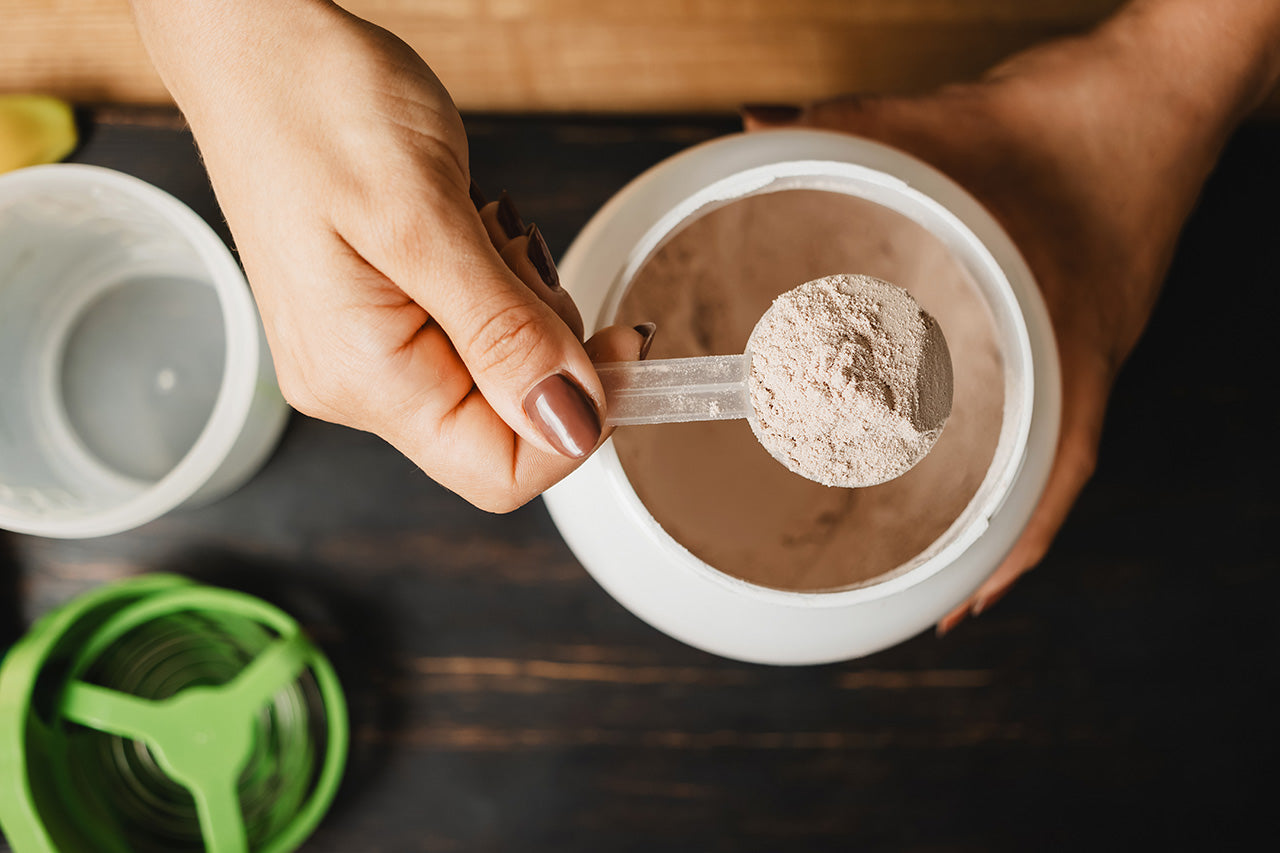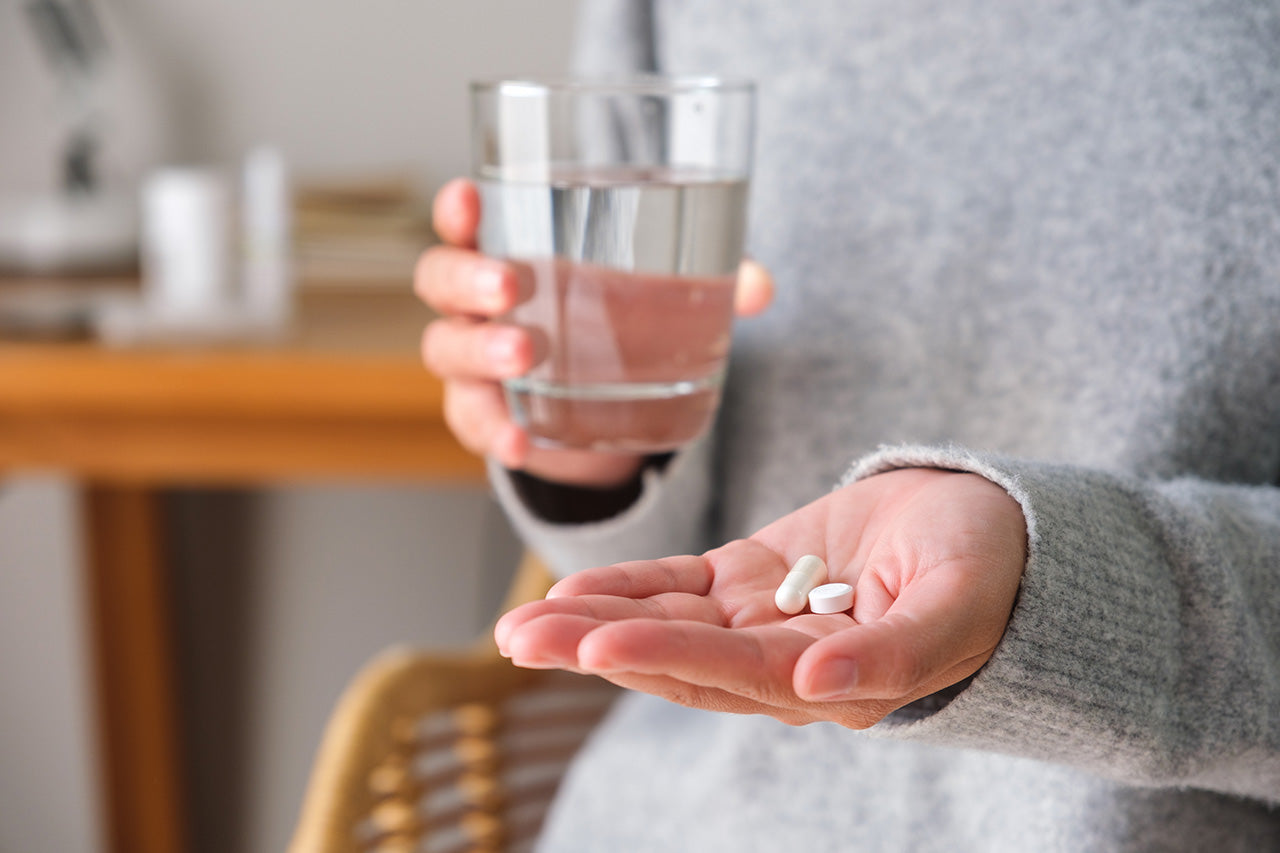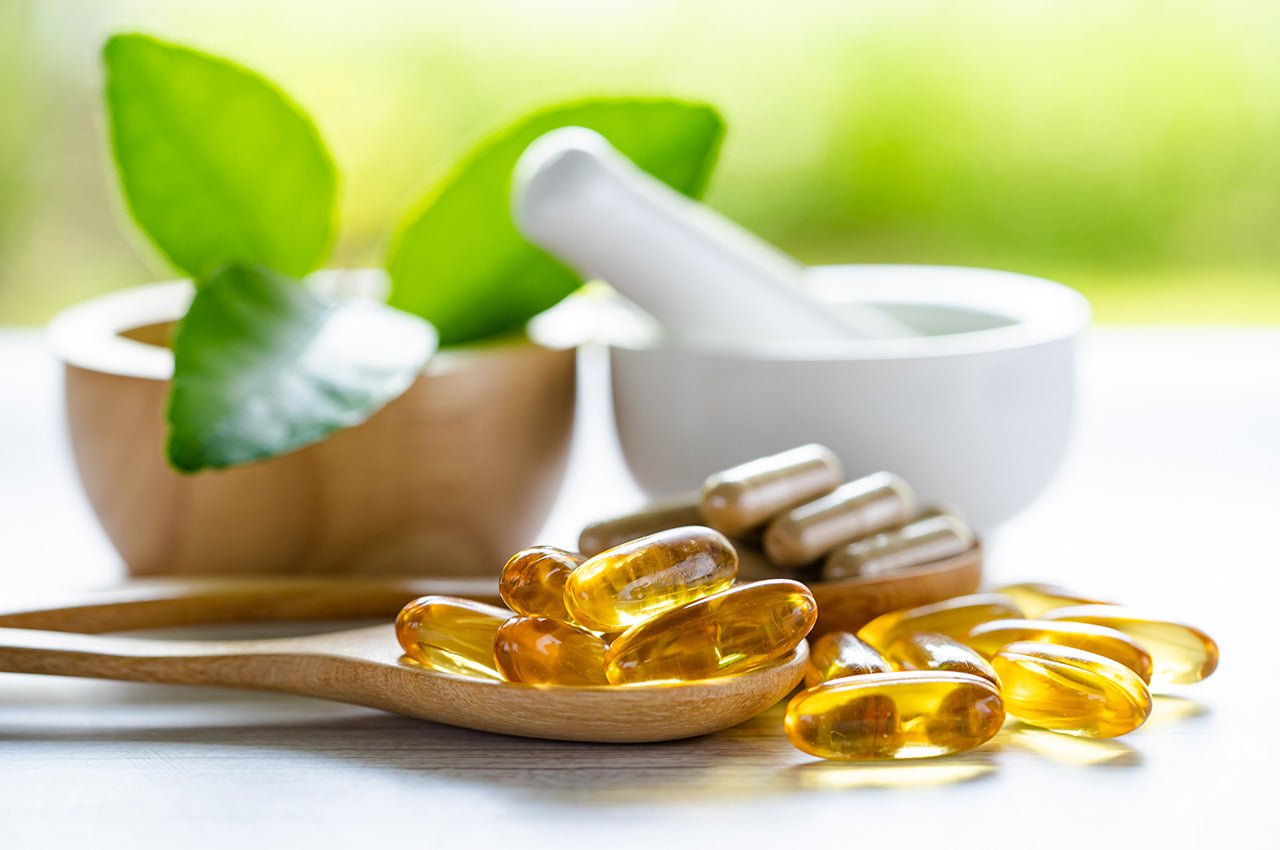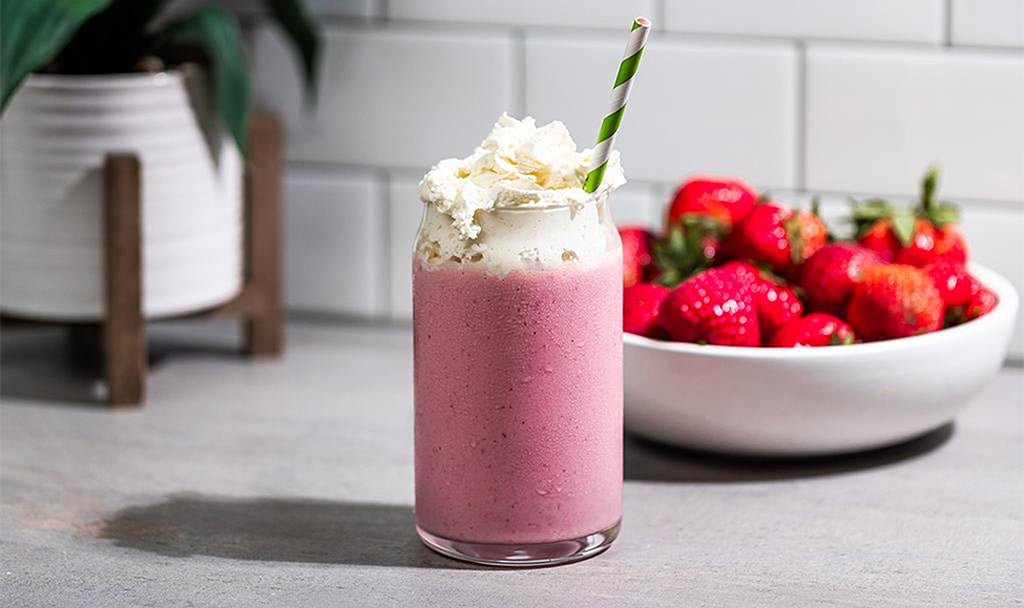
WELLNESS
Need more sleep?
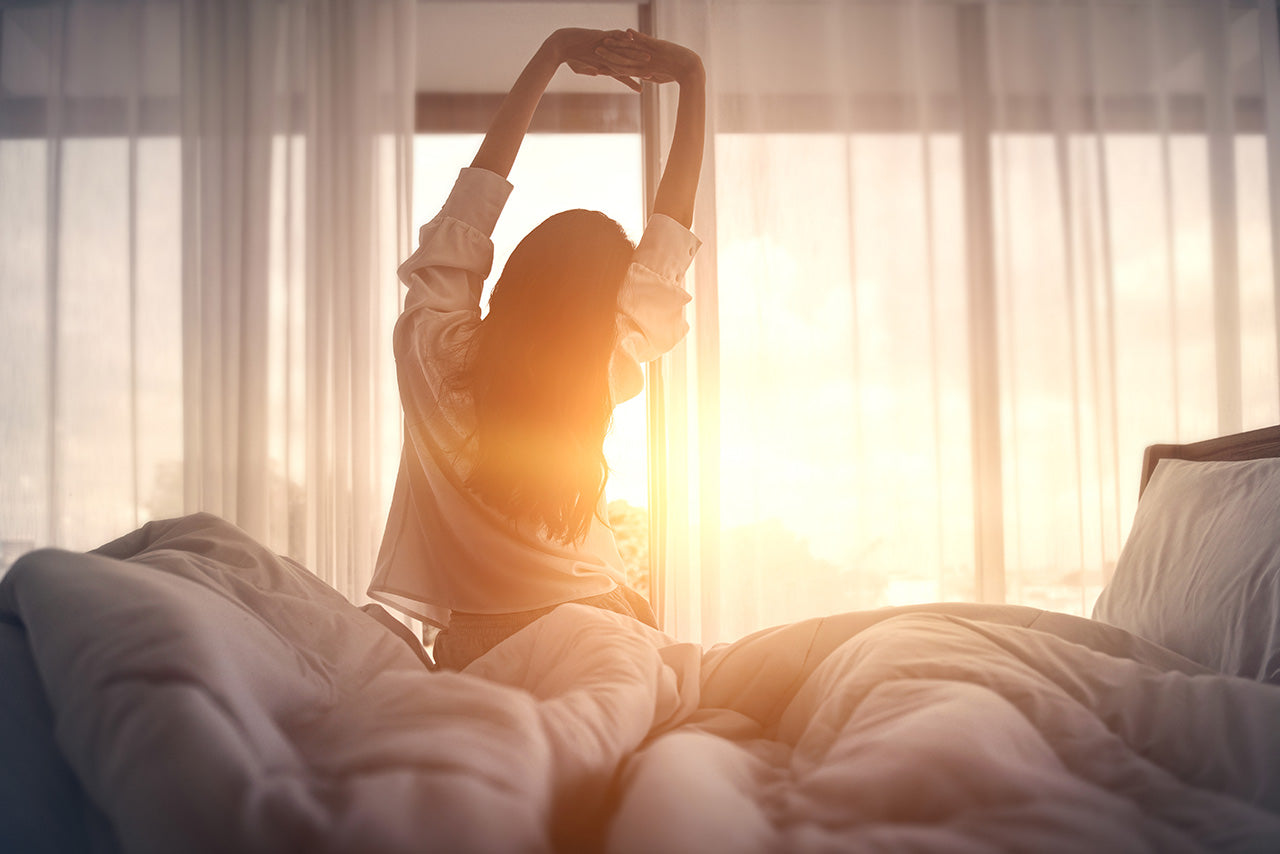
Having enough energy during the day to take care of your family, work, run errands, and tackle all of your responsibilities can seem impossible, especially without the aid of caffeine or sugar. For many, coffee is consumed first thing in the morning, making us feel somewhat human again after a long night of tossing and turning. This is often followed by a sugar hit with your morning breakfast, a snack after your lunch for the afternoon slump, or even the “something sweet” after dinner.
Now, what if there was a way to better gain energy by unlocking the hormones you create naturally rather than suppressing them? What if you had unlimited energy throughout the day that helped you stay focused and calm? What if you used caffeine and sugar for enjoyment, rather than something you rely on?
One key way to achieve this is to start with your sleep.

How Does Sleep Give You Energy?
Sleep is fundamental in your ability to recover and restore your body’s sensitive systems that have been hard at work all day. When given the opportunity to sleep for 7-8 hours at night, take it! It’s like giving your brain a boost and an opportunity to perform better than before. Just like with exercise, your muscles need time to recover. Some even argue that this is just as important as the exercise you do in order to become stronger and work optimally.1
It’s the same with your brain! Tasked with releasing neurotransmitters that control your ability to feel alert, your brain’s health is a key component to energy levels. When you allow enough time for restorative sleep, it is like you are giving your brain a reboot, allowing it time to repair itself! Researchers have also found that when you go into non-REM deep sleep, your ability to create energy at the cellular level increases.2 You can even increase your natural immune health through sleep, which can help your body fight invaders that could deplete your energy over time.
What Sleep Does For the Body
Sleep is a crucial part of how your body functions. If given a manual for how to optimize your body’s operations, sleep will be up there with a nutritious diet, exercise and mindset. When you sleep, your body releases growth hormone (GH) that is great for slowing the aging process, regeneration of your liver, supporting healthy blood sugar, breakdown of stored fats and building muscle.3
Sleep also acts as a natural antioxidant for your brain and helps with clearing waste material. When sleep deprived, the aging of your brain increases and can contribute to an increase in your stress hormone cortisol, which can lead to more sleepless nights.3 When you have excess cortisol on a consistent basis exhausting your energy regulating organs, then that is when real feelings of low energy can set in.

How does lack of sleep affect your energy?
A consistent lack of sleep can lead to a variety of unfavorable health outcomes. Sleep impacts your mood, immunity, inflammatory processes and your adrenal function, which can have an impact on your energy levels. It can become easier to get stuck on a constant loop of feelings of uneasiness, stimulant reliance such as caffeine and sugar, and potential alterations in your hormones that could lead to weight gain, mood swings, brain fog and consistent feelings of low energy.3
If you experience poor sleep, however, you are not alone. It is estimated that up to 10 million people in the US require prescription medication to help them go to sleep.3 One of the best ways to address this is to understand what the root cause could be for poor sleep. Some of these include low mood, feelings of uneasiness, overwhelmed schedules, food, drinks, medications or underlying health conditions.3 This is when it can become helpful to work with a specialist to uncover the root cause.3
How to regain energy after a sleepless night
Sleepless nights happen. There can be multiple causes both inside and outside of your control. In order to recover from the night before, there are a few things that can help.
- Take it easy the next day, give yourself a break by creating space in your schedule to take it slower. Your health is more important than deadlines.
- Test out meditation, this can help give your brain a break and help you tap into deep breathing to calm your nervous system.
- Eat a nutrient rich diet that includes protein at every meal and a source of B vitamins such as leafy greens, broccoli, beans, and whole grains.
- Get outside in the sunlight, especially in the morning to help with your natural circadian rhythm.
- Go for a walk, limit your more intense exercises for another day when you are more rested.
How to naturally optimize your sleep for better energy the next day
Your sleep quality can be impacted through what you do throughout the day. Paying attention to actions that can help you starting in the morning can be a great way to help your body gain the needed rest at night.
Morning
- Get in some natural sunlight. This will help with supporting your natural circadian rhythm or internal clock that tells your body to release certain hormones at certain times of the day.
- Eat a protein rich breakfast to support healthy blood sugar later in the day.
- If you enjoy a morning cup of coffee, aim to have it after your first meal so that your stress hormones do not spike as quickly or as high.
Afternoon
- Limit your caffeine intake to before 12pm.
- Eat a lunch that includes quality protein, fat and at least one vegetable.
- Go for a walk after lunch to support blood sugar and allow your food to digest properly.
Evening
- Reduce blue light exposure after 8pm so that adequate melatonin can be released for better sleep.
- Set up your room for better sleep, keep your room cool, dark and as quiet as possible. In some cases a white noise machine may be beneficial if you live in an area with high noise levels outside.
- If you notice that you wake up frequently in the middle of the night, try having a small snack before bed to avoid nocturnal glucose dips that can stimulate your body to release cortisol and adrenaline.3 Some great examples include a handful of mixed nuts, hard cheese with a granny smith apple, carrots and hummus, or whole grain toast such as Ezekial bread with nut butter.
Resources:
- https://pubmed.ncbi.nlm.nih.gov/18438210/
- https://www.health.harvard.edu/healthbeat/how-sleep-boosts-your-energy
- Murray, M. T., & Pizzorno, J. E. (2014). In The encyclopedia of natural medicine (pp. 44–47). essay, Simon & Schuster.















